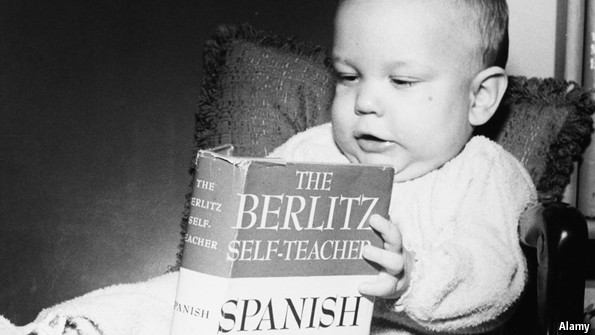 Ever heard this as a child? : “What language do you need me to use so you’ll pay attention?”
Ever heard this as a child? : “What language do you need me to use so you’ll pay attention?”
It turns out that there is some truth behind the question. A series of recent scientific studies suggests that we think and make decisions differently if we process the information in a language other than our mother tongue.
Even if we grasp the notion equally well in both languages, our final decision on the matter will tend to be better thought out, less emotional and more results-oriented.
A leading expert on bilingualism at Pompeu Fabra University in Barcelona, Albert Costa, believes it is good for deliberative thinking; it makes you think twice about things.
Costa began his research with the tramway dilemma: would you push someone onto the tracks if that death were to save the lives of five other people? The moral conflict involved in sending someone to their death appears to vanish when the question is put to subjects in a language other than their mother tongue.
The proportion of people willing to sacrifice a person for the larger good shot up from 20% to nearly 50%, with the only difference being that they processed the question in a second language.
It appears that processing information in a foreign language makes us less prone to emotional thinking and more focused on efficient results. We become less moralistic and more utilitarian.
The research also finds that thinking in another language increases our tolerance for risk-taking on anything from planning a trip to embracing a new breakthrough in biotechnology.
As the Nobel winner Daniel Kahneman explains, our brain seems to have a System 1, which focuses on fast, instinctive and stereotypic thinking, and a System 2, which deals with issues requiring greater consideration.
In our native language, we may be more prone to using System 1, while the additional effort required for thinking in a foreign language might trigger System 2. This could explain the higher percentage of people who overcome loss aversion and moral dilemmas in a foreign language.
For instance, these insights might be useful during negotiations that require participants to put their personal feelings to one side and focus on the greater good.